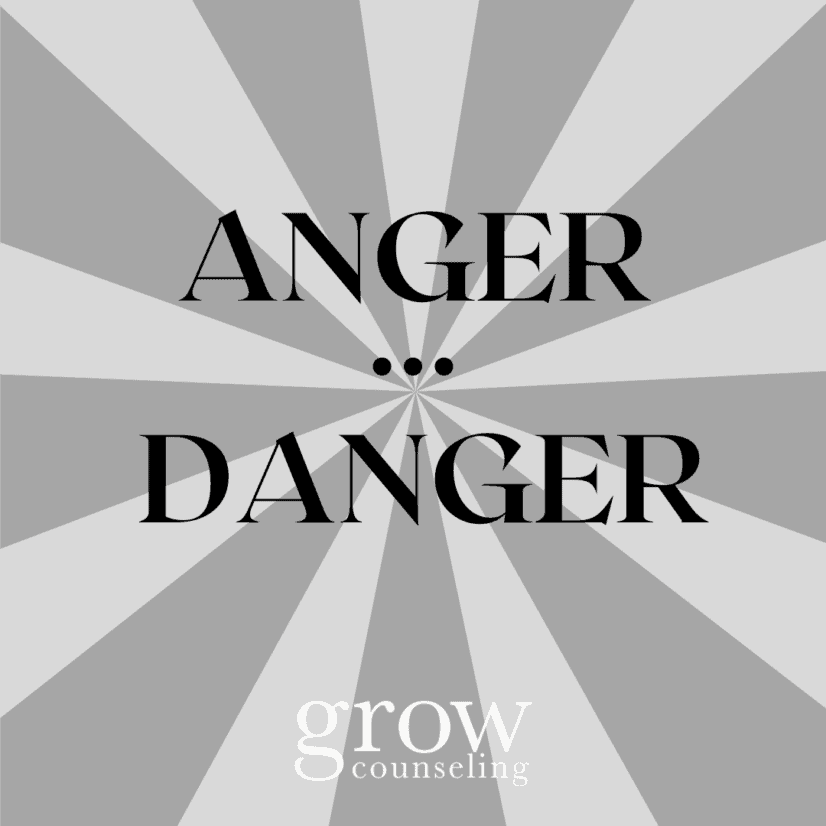“To recognize that my upsets come from myself is the first step to remedying them.”
— Anthony De Mello
Anger is a powerful emotion that can often lead to undesirable behaviors and regretful interactions. Like many of our emotions, they tend to arise uninvited and take over our headspace. Oftentimes, our feelings become activated when we have a need to be met. For example, being tired reminds us to rest, fear is designed to protect us, happy helps us connect, and sad allows us to grieve.
As for anger, it is like our active defense system, seeking to neutralize any immediate threats.
There is just one problem: sometimes our emotions do not have all of the information, influence irrational thinking, and essentially end up lying to us. Because of these unsolicited mental visitors, it may be helpful to have some strategies in place.
When activated, anger can quickly escalate into aggressive words or behavior — especially under the wrong circumstances. This is a human phenomenon known as entering a state of physiological dysregulation. At this point, you may feel your body heating up, heart rate increasing, and thoughts racing. You are less likely to be the one choosing words or behavior, as anger is likely doing that for you.
Pro tip: a fitness tracker can be a huge help in identifying dysregulation when your heart rate reaches 100 beats or more per minute (obviously this does not include during exercise).
So what can we do to prevent what we may end up regretting?
Musical artist Vanilla Ice was on to something when he recited: “alright stop, collaborate and listen…” to yourself, that is. One of the first steps toward controlling angry outbursts is to take a timeout. Just like a parent may suggest to a child throwing a temper tantrum, you have the ability to do the same for yourself.
Next time you find yourself in the red, try this: HIT THE PAUSE BUTTON.
Take several deep breaths (in through your nose, hold in your belly, and exhale out of your mouth). Consider taking a walk. And if you need space from another person, do your best to let them know you need to take a break and will return in about 15-20 minutes.
Now that you are alone, how do we handle what got you so riled up?
- First, remember that you likely did not choose to become angry in the first place. Research shows, however, that you may choose to stay angry. Based on recent studies, we have approximately 90 seconds from anger’s onset to continue fueling its fire. Therefore, timing is key. Let’s keep it simple from here: turn towards your emotion with ACCEPTANCE.
- Then, be CURIOUS about what and how it started. Like a good detective, ask yourself about it and be sure to remain focused on you. Looking outward toward a source of blame will only perpetuate the anger.
If you can land in a place of ACCEPTANCE of why it’s there and what it needs, then you will likely be more regulated and able to communicate effectively.
For more helpful information, check out this article on Psychology Today!
Written by: Michael Kanner

